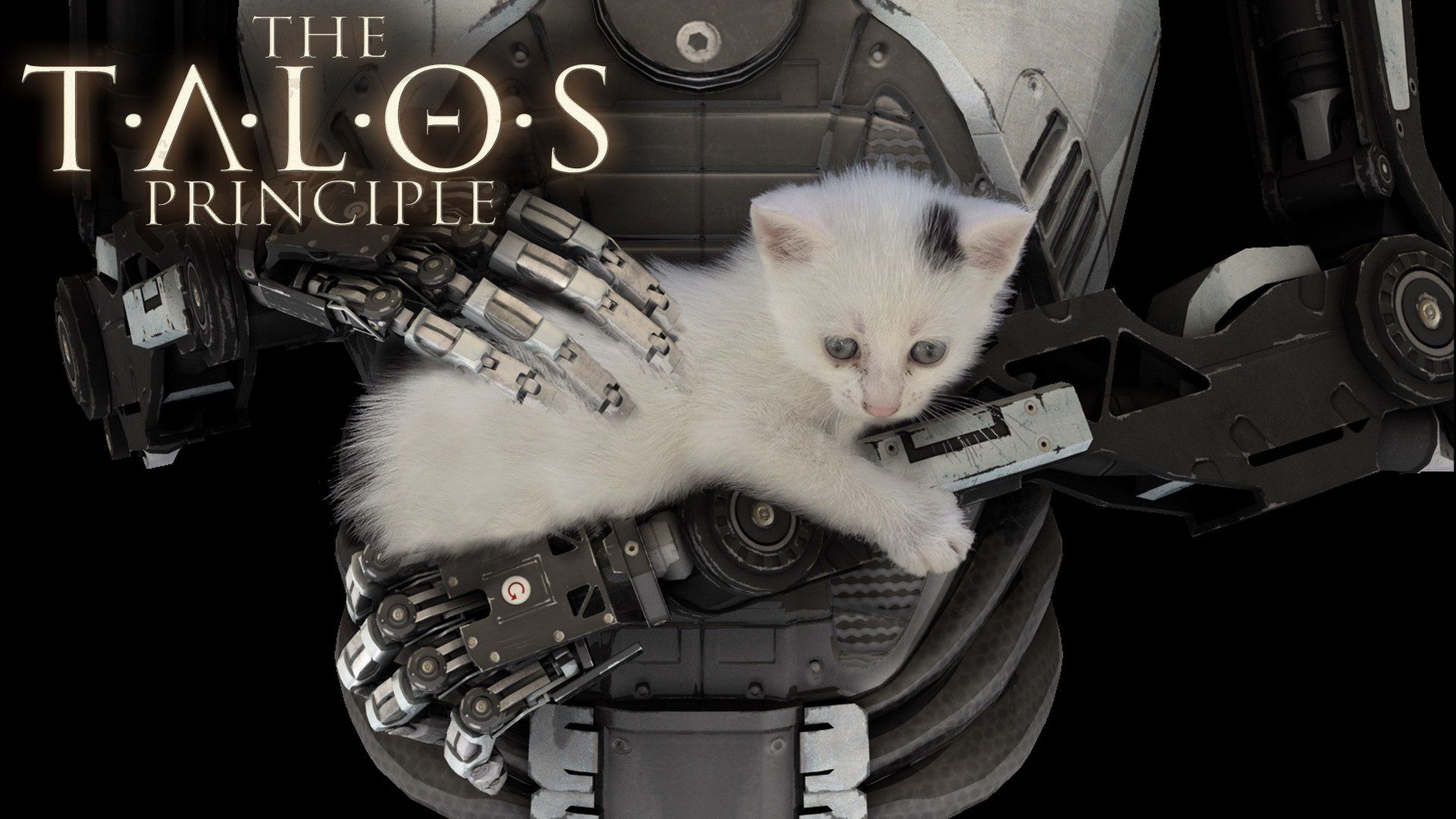

Whereas The Stanley Parable didn’t feel enough like a game, Antichamber sometimes came across as too self-aware, and Portal’s serious testing chambers were at odds with its comic antagonist, The Talos Principle presents itself as philosophy in action.

It’s a brilliant concept, and one that cleanly unites both the narrative choices and the puzzles. The Talos Principle, then, is a Turing test in reverse, with you (a human playing the part of a robot) attempting to convince the game (a robot playing the part of a human) that you are in fact more than a machine. Solving puzzles may demonstrate that you have “predictive capability” and “spatial awareness,” but the scattered text and audio logs question whether such feats demonstrate consciousness-and if not, if anything can. The content isn’t religious or preachy (it’s far more passively philosophical), but it does begin with your unnamed robotic protagonist awakening in a garden at the foot of a forbidden Babel-like tower, choosing between the booming instructions of the omnipresent Elohim and the serpentine suggestions of the Milton Library Assistant. Croteam’s The Talos Principle has an answer to the age-old question of “Why do we play games?” The answer, simple enough to understand, is that “They make us human.” The trick is that The Talos Principle then sets out to prove that point, crafting a first-person puzzler that’s bibilical both in terms of its epic story and 20-plus-hour playtime.


 0 kommentar(er)
0 kommentar(er)
